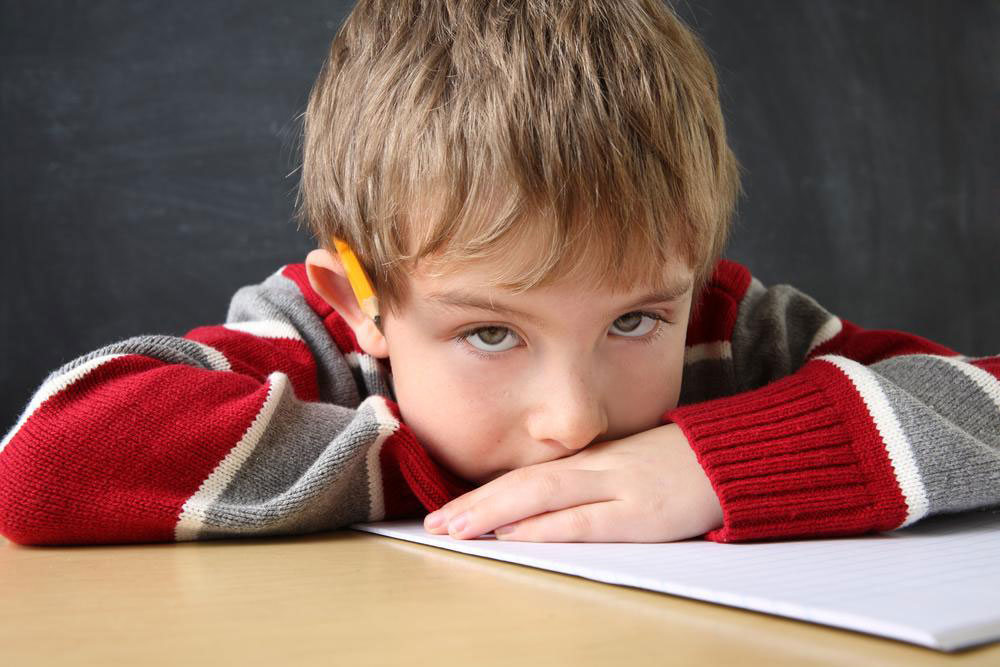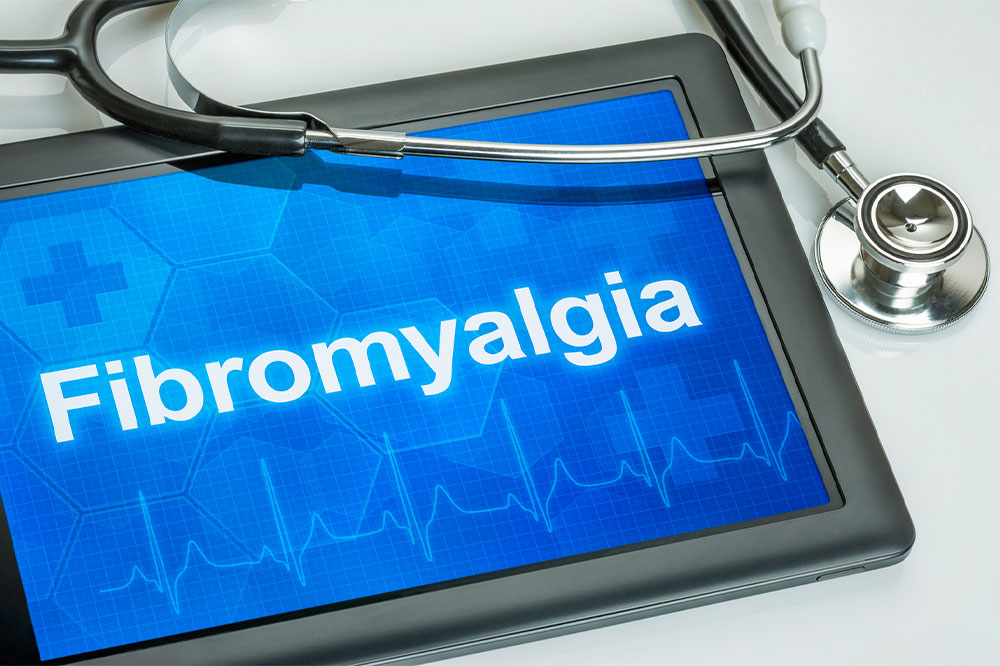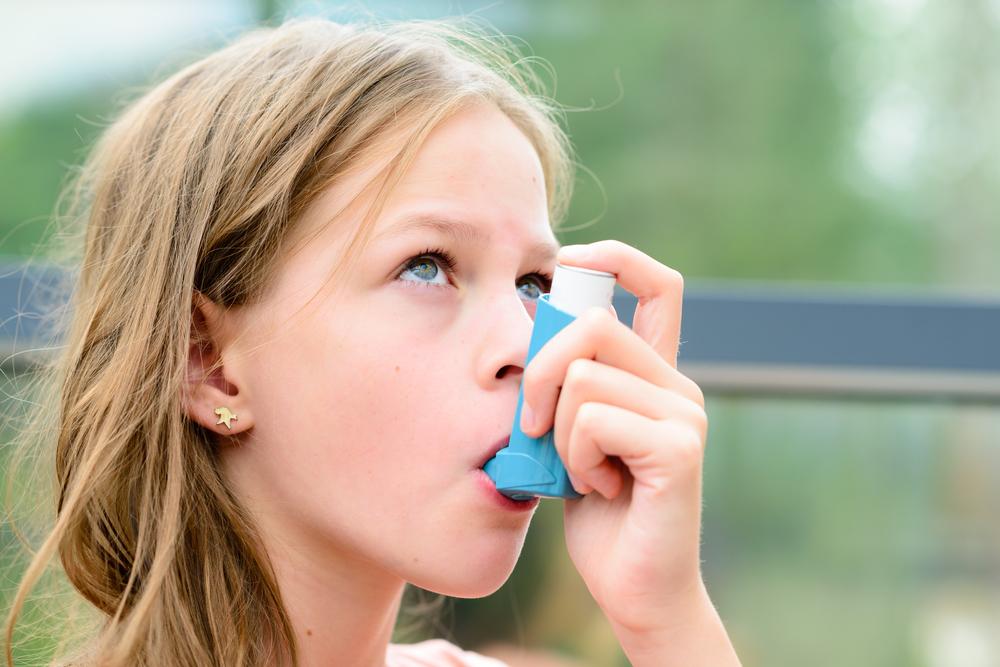Understanding ADHD in Children: Key Facts and Management Strategies
This article provides an overview of ADHD in children, covering its symptoms, possible causes, and management options. Recognizing the signs early and seeking appropriate treatment can help children lead balanced lives, with effective behavioral strategies and support systems making a significant difference.
Sponsored

Attention-deficit/hyperactivity disorder (ADHD) is a common neurodevelopmental condition that affects children, influencing their concentration, self-control, and social interactions. Symptoms often persist into adulthood, but diagnosis is more straightforward in youngsters, as adults’ symptoms may be subtle and misinterpreted. ADHD is characterized by three main symptom groups: inattention, hyperactivity, and impulsivity. Recognizing these signs early helps in effective management and support.
Core Symptoms of ADHD
Inattention: Children may struggle to listen attentively, become easily distracted, forgetful, disorganized, and have trouble following instructions or completing tasks. They might also daydream or lose track of belongings.
Hyperactivity: This includes difficulty remaining seated quietly, excessive talking, and constant movement, which can interfere with daily activities.
Impulsivity: Impulsive children may find it hard to wait for their turn, often interrupting others or speaking out of turn in social situations.
Possible Causes of ADHD
Genetic Factors: A family history may increase the likelihood of developing ADHD.
Pregnancy-Related Challenges: Complications like poor maternal health, nutritional deficiencies, smoking, or substance use during pregnancy can affect fetal brain development.
Toxin Exposure: Exposure to harmful chemicals like lead can impact brain functions.
Brain Injury or Disorders: Damage to the frontal lobe caused by injury or illness may lead to symptoms such as impulsivity and emotional outbursts.
Chemical Imbalance: Unusual levels of certain brain chemicals can contribute to ADHD symptoms.
Managing ADHD
While there is no cure for ADHD, symptoms can be effectively managed through medication and behavioral therapies. Doctors often recommend stimulant or non-stimulant medications alongside counseling, social skills training, and behavior modification strategies. Parental involvement and participation in support groups are also essential for emotional well-being and effective coping.






